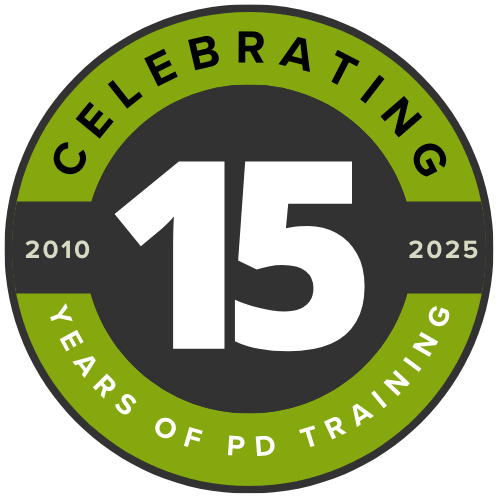

















Every program is created in close collaboration with you, using a structured process that ensures clarity, quality, and alignment from the start.
We create high-quality online learning that reflects your brand, speaks your language, and delivers practical results across onboarding, compliance, systems training, leadership, and capability development. From content planning to final deployment, we manage every step for you.
Request an e-learning quote
Custom-built digital learning, aligned to your goals, designed for your learners, and ready for your systems.
We clarify your goals, audience, systems, and success measures.
We structure your content for clarity, flow, and engagement.
We write professional scripts and map out visuals and interactions.
We write professional scripts and map out visuals and interactions.
We build SCORM, xAPI, or video modules to suit your platform.
We deliver content ready for your LMS or hosting environment.
We design adaptive journeys with branching and scenario options.
We guide rollout and provide version control and updates.
Our work supports clients across Australia, New Zealand, and internationally. We have delivered solutions for government, healthcare, transport, retail, education, and professional services.
Our clients include national organisations, global businesses, and high-growth teams. We provide full-service eLearning design, development, and support with a focus on quality, reliability, and strong communication at every step.
Each project is managed by a dedicated team of experienced learning designers, project leads, and technical experts. We work closely with your team to ensure the training is aligned, accessible, and ready to perform inside your environment.
Support new starters with consistent, engaging training from day one.
Build the skills that matter most at every level of your organisation.
Deliver critical content with clarity and track completion across your teams.
Strengthen soft skills that impact client satisfaction and team collaboration.
Train staff quickly on new tools, systems, or internal processes.
Reinforce standards, responsibilities, and values across your workforce.


Supporting leaders and teams around the globe, we're proud to mark 15 years of growth, innovation, and success. Thank you for being part of the PD Training journey. The future is looking bright!